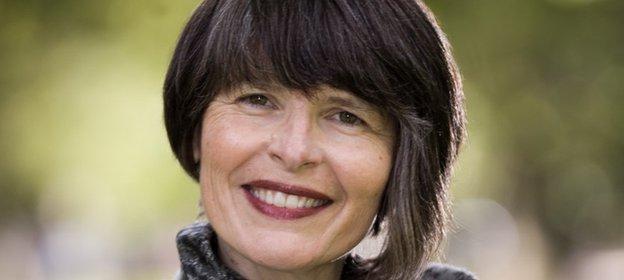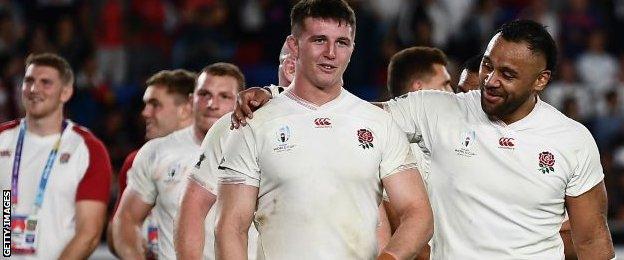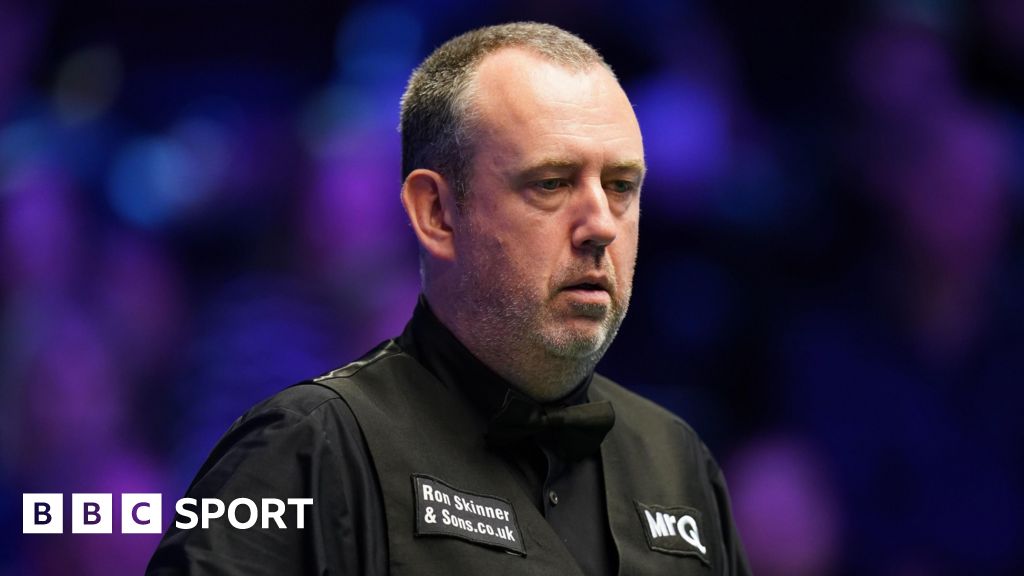ARTICLE AD BOX
 Eddie Jones has described psychology as the most effective way of improving teams in modern Test rugby
Eddie Jones has described psychology as the most effective way of improving teams in modern Test rugby| Venue: Stade Olimpico, Rome Date: Sunday 13 February Kick-off: 15:00 GMT |
| Coverage: Live audio and text commentary on BBC Radio 5 Live and the BBC Sport website and app |
England rarely look vulnerable in Italy.
They have played away to the Azzurri three times under Eddie Jones, racking up 17 tries, 40 points a game and a trio of emphatic wins.
Only once in the land of the ancient Romans have the chariot wheels wobbled. Treviso, 2019.
A little over a month before the Rugby World Cup, Jones' carefully laid plans were teetering like a getaway bus over a cliff edge.
On a team bonding night out, verbal sparring had escalated to full-blown fighting. Full-back Mike Brown and centre Ben Te'o were sent home and into Test oblivion by Jones after their altercation.
They left, but the tensions remained. The training camp was as full of emotional hurt as lactic pain.
"At one stage in Italy, it looked like our World Cup preparation was going to blow up completely," Jones told the Magic Academy podcast of that period.
"Players were fighting because all these wounds were open and the players didn't know how to handle it. But the wounds got healed and the infections got sorted out."
It was Corinne Reid who had applied the antiseptic.
Reid isn't interested in rugby. She isn't interested in sport at all really.
"But I know people," she told BBC Sport.
"I know how groups and systems work when they work well, and I know what tears them apart."
The Australian is a clinical psychologist. She started out in child protection, dealing with the big emotions of small people in vulnerable situations.
But a chat over lunch, more than a quarter of a century ago, shot her into a different sphere.
Ric Charlesworth was on the opposite side of the table. He had just begun coaching Australia's women's hockey team. And he wanted to change how psychology was used in sport.
At the time, it was very literal. Psychologists would instruct players to visualise scoring the winning points or focus on the sensation of a good tackle. But Reid or Charlesworth wanted to do more.
"At the level of the world's best, if you haven't got that nailed already, you're in trouble," she said.
"There are practitioners who still work in that more traditional way, but, for me, this is a systems challenge - how to get an ecosystem to be at its best at a very defined moment when you have real complexity, real pressure and extreme individuals.
 Reid has worked with a variety of teams over more than 20 years
Reid has worked with a variety of teams over more than 20 years"We were thinking about what kind of leadership would be best, how to set a new tone, how coaches could lead from behind as well as in front.
"At the time it was very unusual to have a psychologist doing that sort of work."
The results were eyebrow-raising too. With Reid on board, Australia's women, having gone out in the pool stages at Barcelona 1992, won Olympic hockey gold at Atlanta 1996 and successfully defended their title at Sydney 2000.
Halfway around the world, two decades on, there were parallels.
In a meeting room at Twickenham, Reid listened as Jones and the Rugby Football Union's head of high performance Neil Craig outlined their concerns about England's underlying fragility.
It had shown up a few weeks before. England had inconceivably allowed a 31-point lead to lapse in a desperate 38-38 draw in their final Six Nations match against Scotland.
But Jones believed the root lay further back.
While Reid had steeled Australia's hockey team for the pressure of being home favourites at Sydney 2000, England had crashed out in the pool stage as hosts of the 2015 Rugby World Cup.
Jones wanted to weed out whatever hangovers and hang-ups lingered from that traumatic failure.
First, Reid wanted him to be aware of what he was asking.
"Eddie seemed very open, curious and keen on the best we could potentially do together," she said.
"We had to give him an idea of what the work is - this is about what sort of people you have, what kind of relationships can be built.
"This will unsettle people. There may be people who get mad, who cry, who walk out, who really struggle.
"Big moments can stay with teams, for good and for ill. Bad experiences lay down land mines and you can forget about that footprint, they get covered over, until you are back in that situation and the landmines go off.
"It takes a brave team, when the focus is on being upbeat, positive and looking forward, to look into that baggage.
"And these guys were brave."
Billy Vunipola was one of them.
 Billy Vunipola (far right) credits Reid with bringing England closer together in the run-up to the 2019 Rugby World Cup
Billy Vunipola (far right) credits Reid with bringing England closer together in the run-up to the 2019 Rugby World Cup"Being brutally honest can hurt a few feelings," he said during England's Rugby World Cup campaign.
"Everything that we felt or thought, we just put it out to the group. There were a few bumps in the road, there were a few handbags thrown around but it was really good. Corinne gave us the platform to do it."
The handbags flew in Italy in the wake of Reid's sessions.
But then, instead of things falling apart, they fell into place.
England, apparently galvanised and united, went all the way to the World Cup final, via a superb win over New Zealand, before South Africa outmuscled them for the title.
Getting England's group dynamics in sync is still high on Jones' list of priorities.
Reid's fellow Australian Andrea Furst is England's current in-camp psychologist. Norwegian Nashater Deu Solheim, an expert in persuasion, communication and influence, was invited to speak to the staff.
Jones himself has written a book about leadership. And his England team seems to have more internal subcommittees and steering groups than the Soviet Politburo.
"The frontier for rugby where you can get the most bang for your buck, I think, is in creating the right mindset for your team," Jones said.
The emphasis is the same, but the challenge has now changed.
Reid was working with a team loaded with caps, experience and the pressure of a looming World Cup - which can make change hard.
This England squad is different. Seven of the starters in the defeat by Scotland had 10 caps or fewer. Some of the old guard and old assumptions have been displaced.
"When there are a lot of new faces coming into any group, what that offers is that people are a bit freed up and are not chained into particular roles or particular ways of being," said Reid.
"It allows some scope and flexibility while they are new. In the first while we don't know what normal is."
For a long time under Jones, winning was normal. Seventeen straight Tests at the start of his reign ended in England victories.
Now, he heads to Italy again hoping to perfect that delicate mix of people, politics and passion behind every great team.

- Let's get ready to rumble: WWE star Finn Balor joins Mark Andrews to talk all things wrestling
- A lift goes wrong: A British ice skating champion faces the fight of his life as he competes with the world's best


 2 years ago
28
2 years ago
28








 English (US)
English (US)